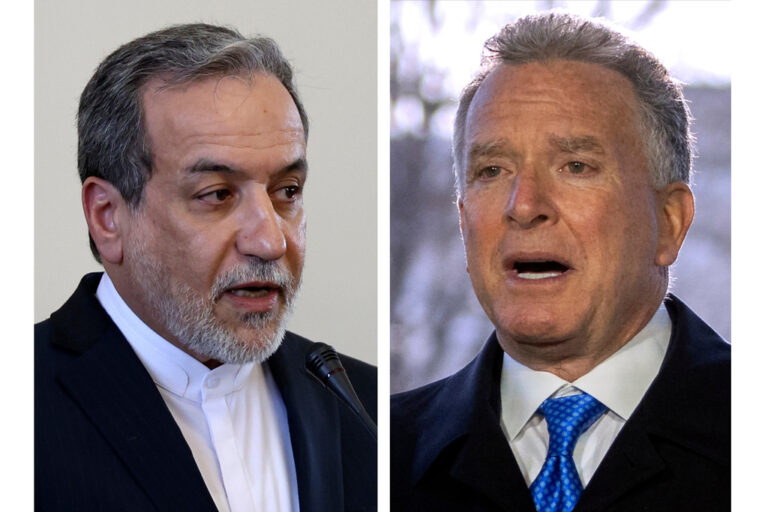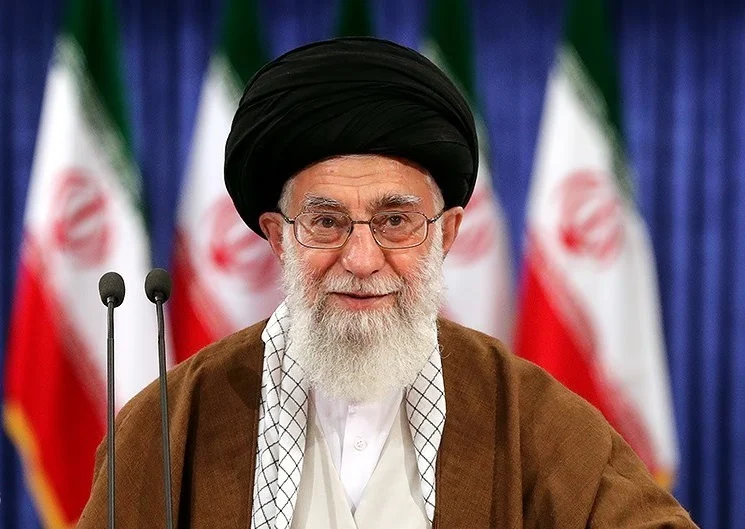 The United Nations and other international institutions are in urgent need of reform if they are to tackle global challenges ranging from massive violence in fragile states to runaway climate change and global economic shocks, a high-level commission said in a report released Tuesday.
The United Nations and other international institutions are in urgent need of reform if they are to tackle global challenges ranging from massive violence in fragile states to runaway climate change and global economic shocks, a high-level commission said in a report released Tuesday.
The Commission on Global Security, Justice and Governance issued a series of proposals aimed at reforming the U.N., strengthening cooperation at all levels of society to deal with these challenges, and putting greater focus on preventing conflicts and restoring peace to countries emerging from violence.
“World leaders must grapple with new ways to approach 21st-century threats posed by climate change, conflict and cross-border economic shocks,” said former U.S. Secretary of State Madeleine Albright, who co-chaired the commission. “A failure to adapt effectively risks prolonging and deepening these global crises.”
The release of the 158-page report coincides with the 70th anniversary of the United Nations and September’s gathering of world leaders to adopt new goals to reduce poverty, promote development and address the root causes of climate change.
“I think the work can begin now,” the commission’s other co-chair, Ibrahim Gambari, a former Nigerian foreign minister and U.N. undersecretary-general for political affairs, said at the report’s launch in The Hague. “The peoples of the world cannot wait.”
The report said the “small, dense, interconnected world cannot prosper if more than a billion inhabitants fail to cross a basic threshold for a safe, dignified life, or if rising sea levels, extreme drought, powerful floods and storm surges, trafficking gangs, and networks of violent extremists threaten the security, well-being, and survival of millions.”
It said climate change, economic shocks and cyber-attacks are likely to have far-reaching and long-lasting consequences, and “the marked and visible increase in mass atrocities in one country after another has reversed the trend of declining political violence that began with the end of the Cold War.”
The commission called for the creation of a cadre of experienced U.N. mediators to prevent crises and conflicts, and transformation of the U.N. Peacebuilding Commission to a more powerful and better-financed Peacebuilding Council.
To help tackle global warming, it called for “a green technology licensing facility” within the Green Climate Fund, which is intended to become a key channel of money to help poor countries tackle climate change and its impacts, and an advisory board to review all experiments involving atmospheric modification.
The commission also called for improved coordination between the Group of 20 major economies and the World Bank and International Monetary Fund to prevent the spread of cross-border financial shocks. And it urged increased Internet access in poor countries and development of a global network of cybercrime centers to help deal with cyber-attacks.
As for global institutions, the commission backed an expansion of the U.N. Security Council and restraint in the use of the veto by its five permanent members, the U.S., Russia, China, Britain and France.
At the report’s launch in The Hague, Netherlands, Albright acknowledged that reforming the Security Council would be tough.
“I have to say enlarging the Security Council is a little bit like the Rubik’s Cube,” she said.
Albright said one proposal aimed at restricting the use of the veto is to allow the five permanent members to vote “No” to a proposal without actually vetoing it. “To state objection to whatever the subject is without stopping action permanently,” she told reporters.
The report also called for expanded acceptance of the World Court’s jurisdiction and a new U.N. Global Partnership to give a greater voice to underrepresented policy issues such as women’s rights, migration and workforce training.
“These proposals offer a smart path forward for regions, states, and peoples facing challenges of conflict, climate change, and a volatile globalized economy, toward solutions that promote both security and justice,” said Gambari.
The 14-member commission — including leaders who have served in government and non-government posts — said just presenting their proposals to world leaders isn’t enough. It called for action to mobilize global support to implement the reform program by the 75th anniversary of the United Nations in 2020, and said its partners, The Hague Institute for Global Justice and the Stimson Center, a Washington-based global security think tank, will be tracking implementation.
(AP)











One Response
It hasn’t been equipped to do anything for the last 70 years, so what’s new?